Substack Reads: The friendship problem, festive season while sober, and the story of speculoos
Hello and welcome to another edition of Substack Reads! This week, Rosie Spinks writes a definitive essay on how modern friendships do and don’t work, British journalist Bryony Gordon offers tips for surviving the festive season sober, fashion critic Alec Leach shares his surprising self-publishing journey, and Belgian cookbook author Regula Ysewijn goes into the history of the speculoos biscuit. We hope you enjoy it!
RELATIONSHIPS
The friendship problem
Why friendships have started to feel like admin
—
inAnd yet it seems normal now that plans are made far in advance—scheduled around myriad travel and wedding weekends and kids and work commitments—and then canceled right before. Someone doesn’t follow up, or cancels and then never proposes an alternative plan. Similarly, promising new adult friendships never seem to blossom into the kind of quotidian check-ins and week-to-week ephemera that the friendship of our younger years is based on. Lifelong friends make new life choices, drift apart. The friendship fizzles into WhatsApp volleys back and forth, and then someone doesn’t answer the last message, and then it’s a year before you ever talk again.
Friendship starts to feel strikingly similar to admin. Sound familiar?
ECONOMY
We’re getting priced out of the restaurants we love
What it means when $26 cocktails, $42 lobster rolls, and $1,000 dinner dates put your favorite New York splurges further out of reach
—
inThis is an era when omakases have gone up by hundreds of dollars, with sushi dinners for two clocking in at $1,000… before wine! This is an era when your beloved Korean barbecue spot has raised the minimum party size for most tables to four; that means you have to round up more friends who want to shell out $140 or more to dine there. This is an era when you avoid checking out that cool new chef’s counter spot because you need to pay $418 upon booking. Want to cancel? Sorry, no refunds.
Or maybe you walk into that new bar in Greenpoint and find out a glass of white and a small tin of fish will easily cost you $40.
Some of these increases are simply the unfortunate byproducts of living in one of the world’s most expensive cities. And yet sometimes it feels as if more and more operators are saying to themselves: let’s go “whale hunting.”
WELLNESS
How to survive the party season… sober
Journalist, author, and former alcoholic Bryony Gordon shares her tips for getting through Christmas without picking up a drink
—
inI have always had a love-hate relationship with this time of year. I loved that I could legitimately party every night, and I hated that all my otherwise-moderate friends would come out of the woodwork and try to scab my drugs. I would call December ‘amateur’s month’ for this reason. I thought I was being funny, but actually I was desperately sad—all dressed up in sparkly Christmas baubles in the hope of hiding the fact I was an addict.
As a sober alcoholic, I find the party season hard. But my god, it’s a hell of a lot easier than when I was a raging drunk, blacking out and coming to in places I shouldn’t have been. I don’t miss the frantic, panicked checking of my phone in the morning, to see the texts I might have sent and who I might need to apologise to. I don’t miss spending all the money I was meant to use for presents on Baileys. I don’t miss thinking I’m having a stroke.
REGENERATION
Japan’s rural shift is rekindling intergenerational relations
2021 saw more people leave Tokyo than move into the city for the first time in over 25 years, and government schemes offer financial incentives to young people moving out of the city into rural areas. In her Substack exploring post-urban life, Karen Rosenkranz investigates
—
inYuichiro is doing his bit to attract more people to the area. He is currently building a guest house (with a bar!) so he can host friends who come to visit or help with the harvest. Hands-on help is much appreciated by his grandparents, but so is their wisdom and youthful spirit by the unversed helpers. Many older people in the village believe there is no acknowledgement of their lives, knowledge, or craftsmanship. But many of Yuichiro’s friends in Tokyo long for a slower life away from the city. They are looking for balance in their digitally saturated lives.
Yuichiro is really trying to build a bridge between generations. What he’s doing is not easy. Having his life so closely entangled with his immediate family brings challenges for sure. Yuichiro literally lives next door to them. This seems significant to me. Who today is willing to have this sort of tight relationship with their parents and grandparents?
WORK
The science of reflection
According to recent studies, people who reflect on their past experiences are more likely to be happy and satisfied with their lives. But how do you do an end-of-year reflection effectively for your life and your career, and how can you do it solo?
—
inPerhaps the most lasting learning I took from my graduate program in computer science was the importance of metacognition, the cognitive process of reflection.
I learned about metacognition in the context of teaching machines to reflect, learn, and evolve to emulate sentience.
AI and ML models learn by reflecting on what they did and what results they achieved. Just like humans.
It’s metacognition, to some extent, that makes ChatGPT so capable of evolving its approach and responses and delighting us with its “intelligence.”
In the past, I used to set my annual goals every year based on what I wanted to achieve. I set these goals in a silo, often without reflecting on what worked or didn’t work the previous year.
After learning about the power of metacognition, I took a step back and completely redesigned the way I set my annual goals.
DESIGN
I am convinced that Lone Solitary Banana is the fruit trend for 2023
Podcaster Avery Trufelman considers the latest image making waves in fashion culture
—
inThe banana exists as an abstraction. As a Velvet Underground album cover. As Josephine Baker’s skirt. As Carmen Miranda’s hat. It’s more symbolic than real. It was, after all, so easily replaced. It remains so easily faked.
The banana is not a vanitas painting. It is not a reminder of the fleeting beauty of life. The banana is proof that, with the right technology, with the right cultural cache, one could go on living forever.
FOOD & HISTORY
Speculaas or speculoos, that is the question
Cookbook author and food judge Regula Ysewijn delves into the intricate origins of Belgium’s world-famous biscuit, and shares her own recipe
—
inSpeculaas and Speculoos are synonymous with my region in the world: Belgium.
It is the biscuit that every family will have in their biscuit tin, a biscuit which is hardly ever made at home because our stores and bakeries are full of fantastic alternatives. While they are eaten all year round in the Low Countries, they remain very much connected to the winter period, the feast of Saint Nicholas, Saint Martin and Christmas. For the children’s feast of Saint Nicholas (Sinterklaas), the speculaas is made into the shape of the bishop Saint Nicholas. He is celebrated the 5th of December if you are from the Netherlands and in Belgium the 6th of December.As a child growing up, a speculaas with a cup of milk was my before-bed ritual, something I still do often today. Many people also love dunking speculaas in their coffee and then placing the biscuits between two slices of bread; this is how the Biscoff speculoos spread came to be. In a Belgian TV show, a woman decided to invent a ready-made speculoos spread to replace the biscuits, Biscoff bought her out, and this is how we now have jars of Biscoff spread. But back to speculoos and speculaas…
PUBLISHING
How I sold 10,000 books without a book deal, an agent, or Amazon
Fashion critic Alec Leach on why self-publishing was one of the best decisions he ever made
—
inToward the end of 2020, bored and exhausted from what had been a shitty year for basically everyone on Planet Earth, I decided to write a book. I was absolutely not thinking big—the last thing I wanted was to spend years working on a 400-page hardback, but I thought it would be fun to do something small, maybe the length of a few op-eds or a longish essay. Maybe I could find a small publisher to make a few hundred copies, or just photocopy and staple something together myself.
It wasn’t that I always dreamed of being an author, I just felt like I had something to say. I was frustrated that fashion was giving so much attention to sustainability topics like recycling and carbon offsetting but nobody was asking why we buy so many clothes in the first place. And I felt I could write something pretty interesting about that because I’d spent so much of my career in the heart of consumerism, reporting on fashion week and the streetwear scene at Highsnobiety. Plus, I’d had a fun title sitting in the back of my mind since the beginning of the pandemic—The World Is On Fire But We’re Still Buying Shoes.
Recently launched
New & noteworthy
A new AUA is announced:
Inspired by the writers featured in this week’s edition of Substack Reads? Writing on your own Substack is just a few clicks away:
Substack Reads is a weekly roundup of writing, ideas, art, and audio from the world of Substack. Posts are recommended by staff and readers, and curated and edited from Substack’s U.K. outpost by Hannah Ray.
Got a Substack post to recommend? Tell us about it in the comments.




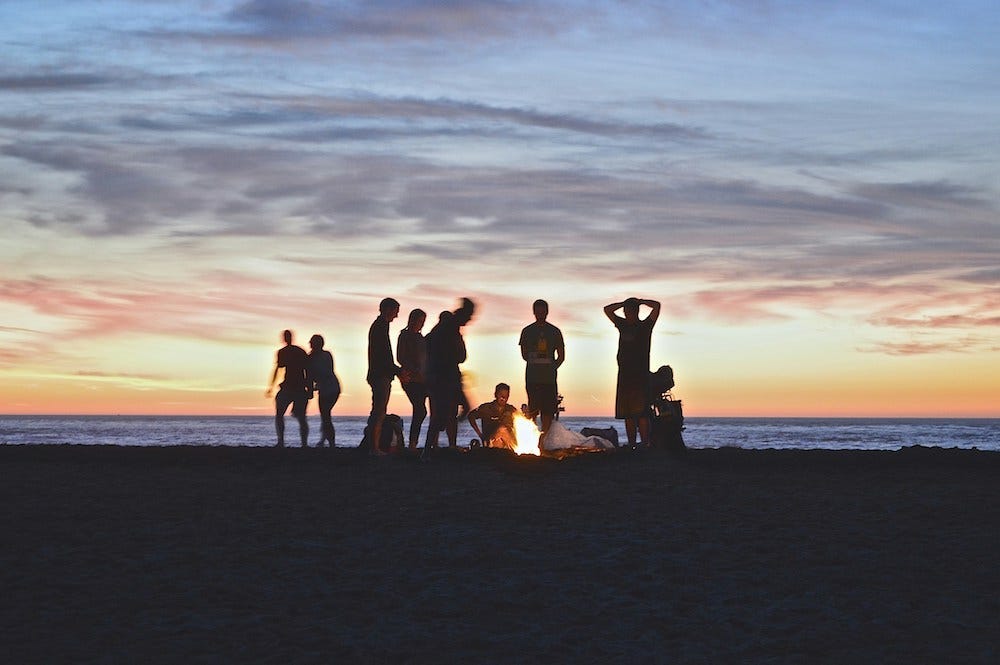

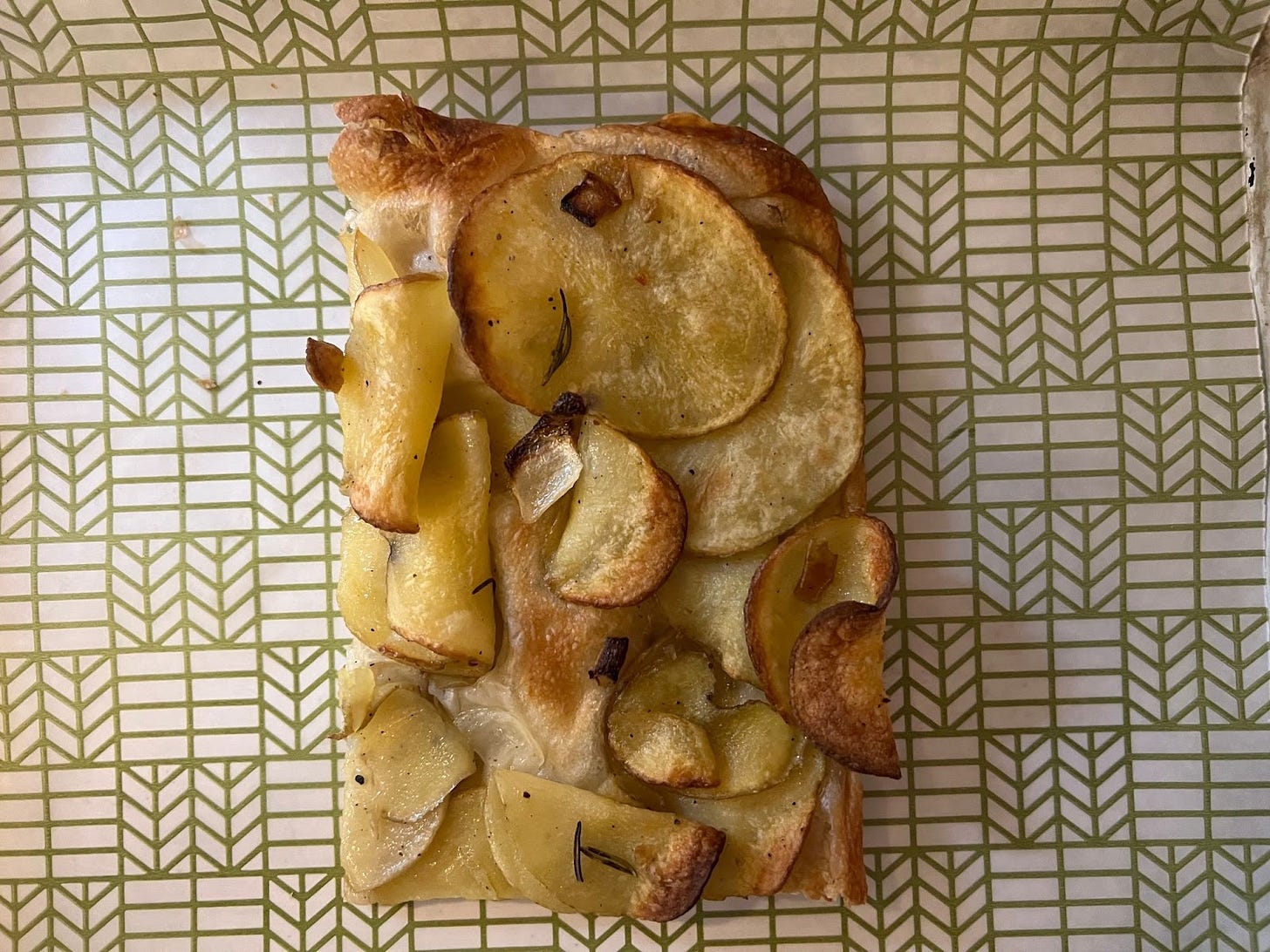



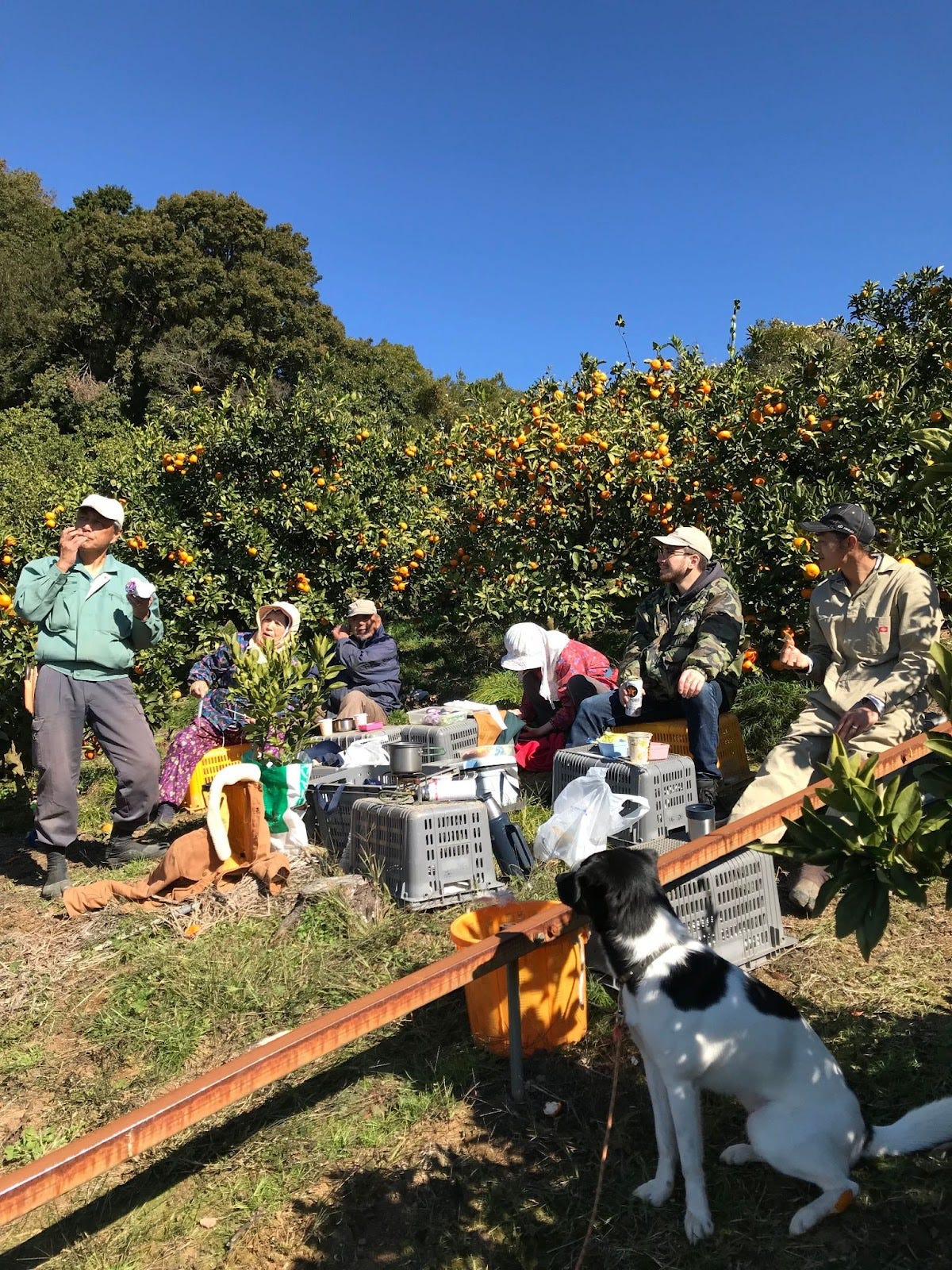

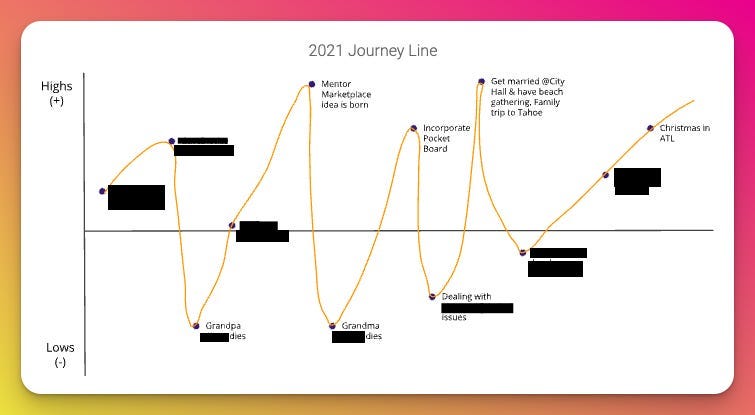

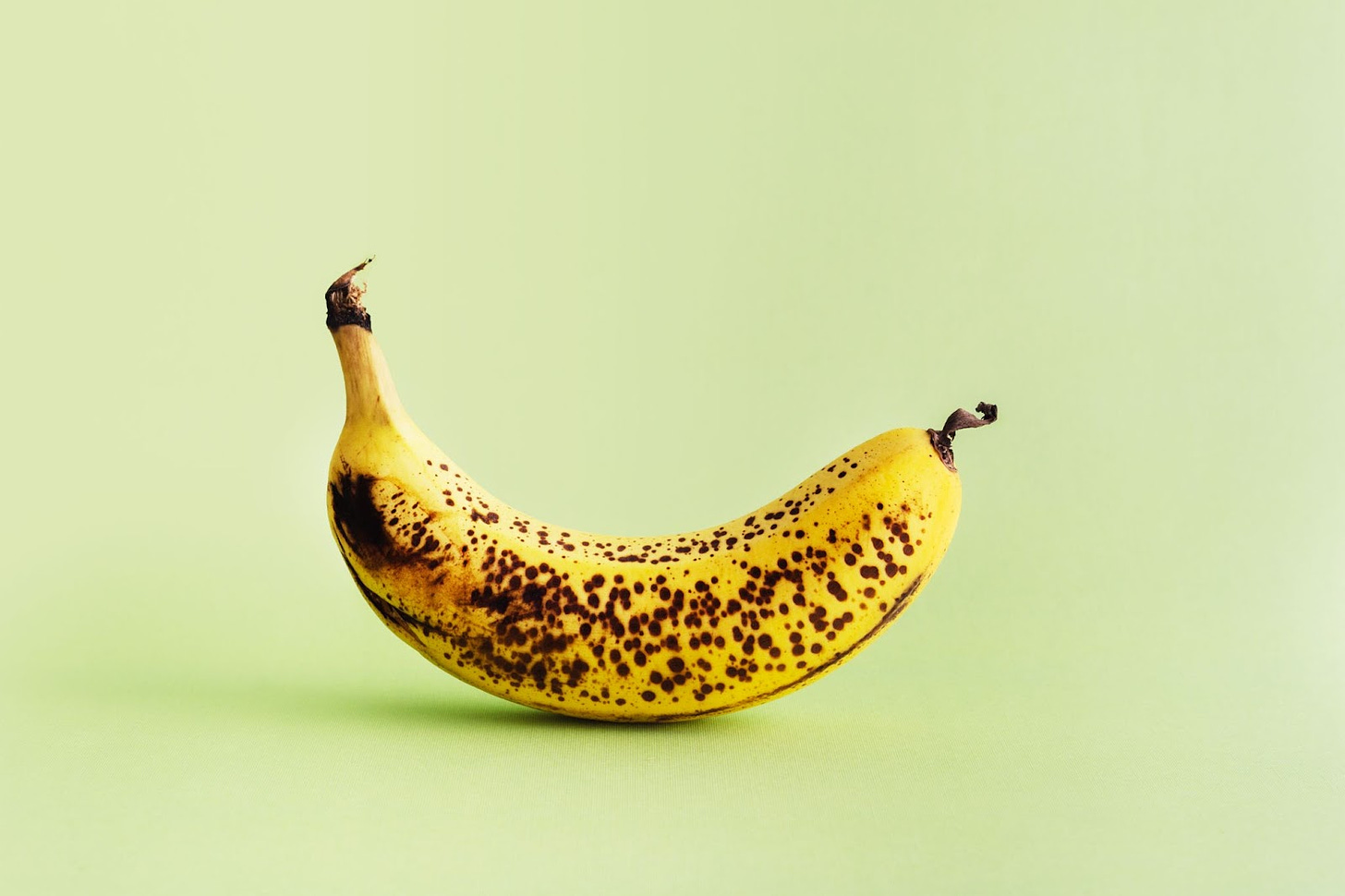

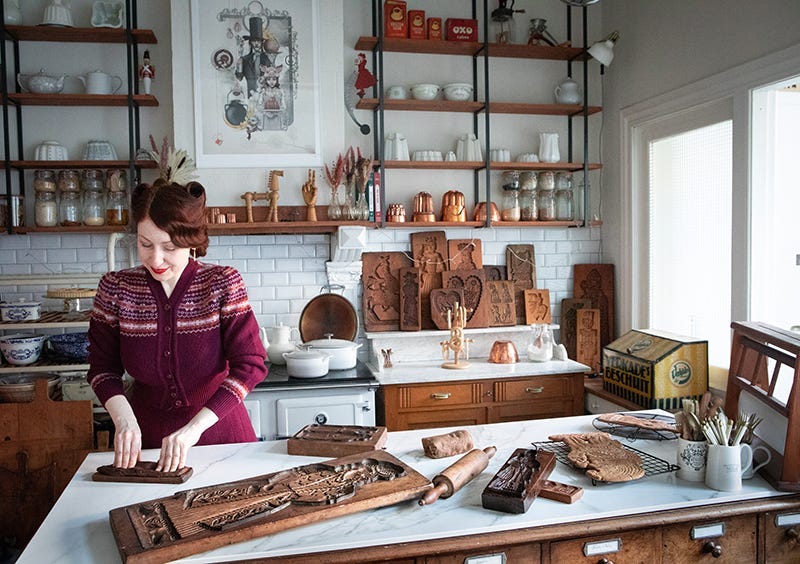




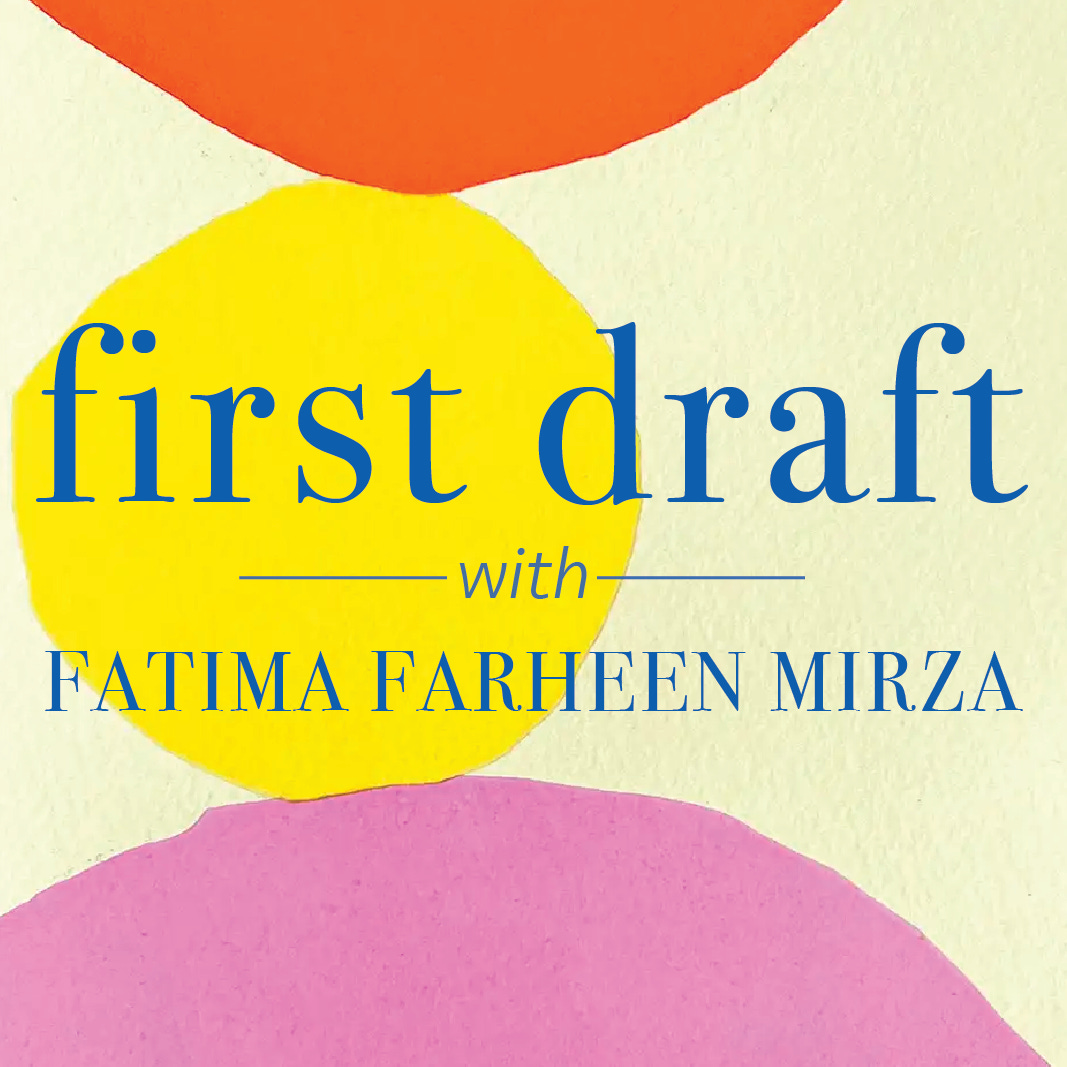


The Friendship Problem was so good! I especially loved this line: “We are so burned out by the process of staying afloat in a globalized, connected world that we simply don’t have the energy for the kinds of in-person, easy interactions that might actually give us some energy and lifeforce back”. ✨
How about a Substack Pods feature as well?
I’m looking for interesting podcasts, not famous people, not journalists, just interesting people talking about interesting topics?